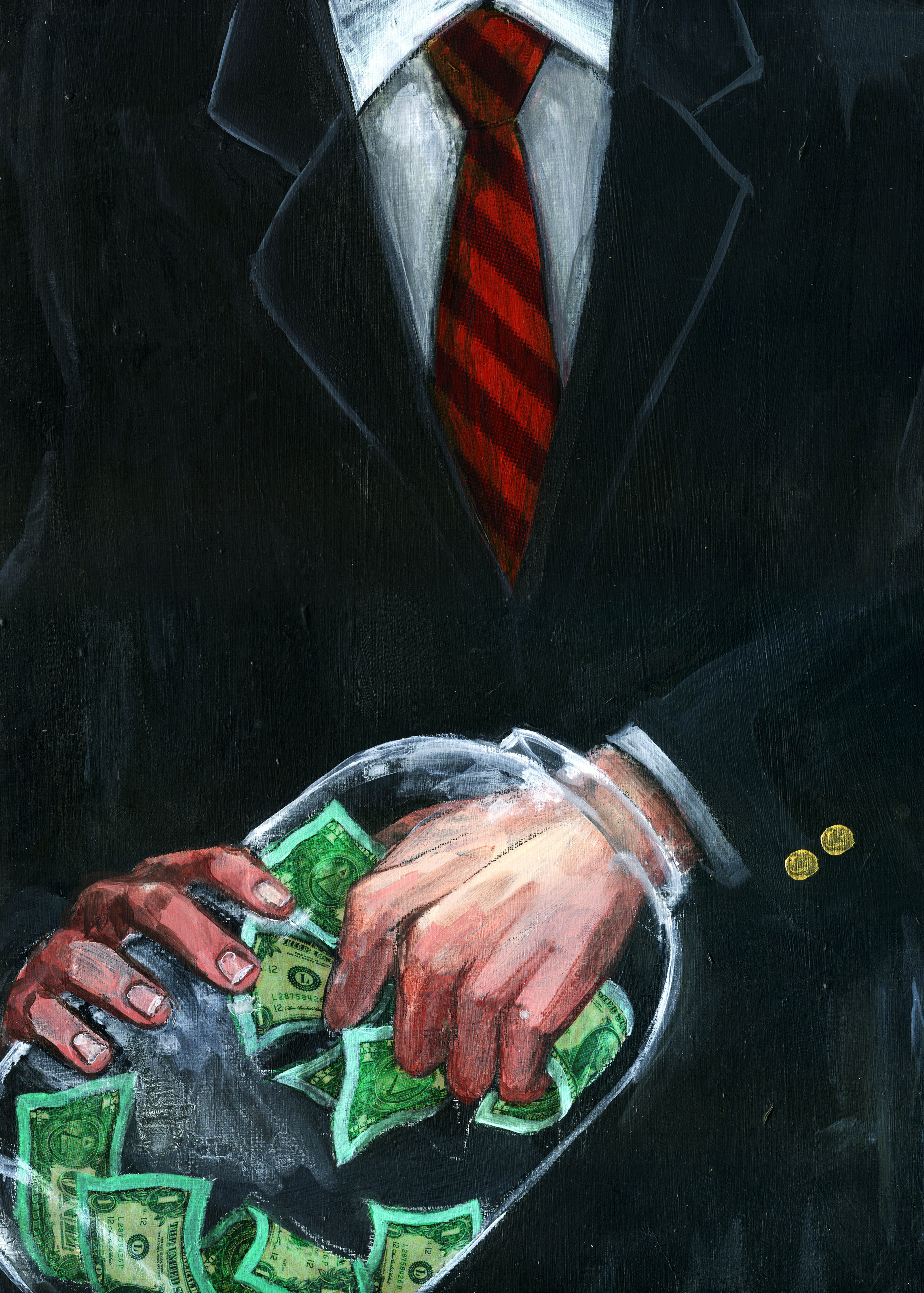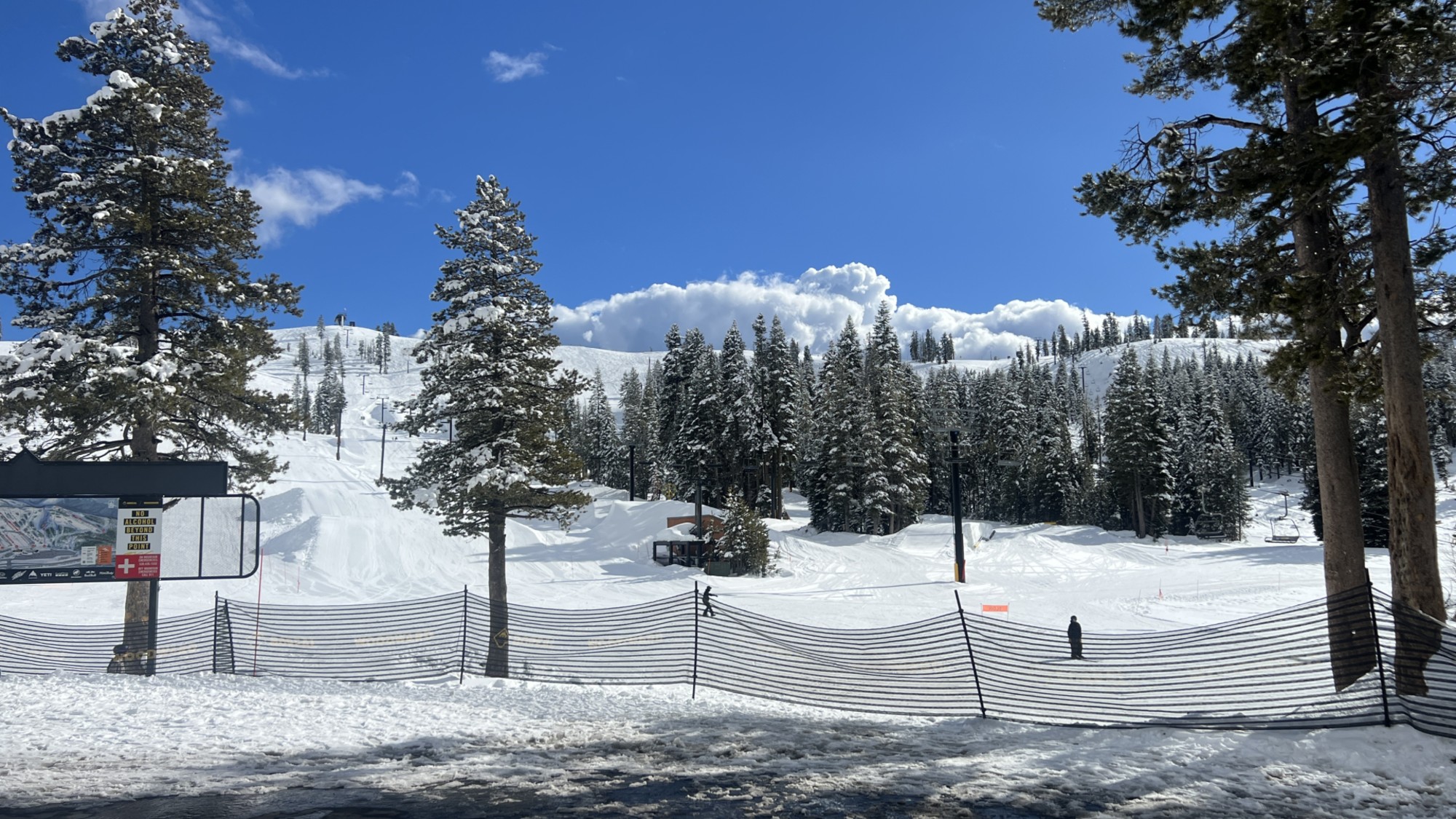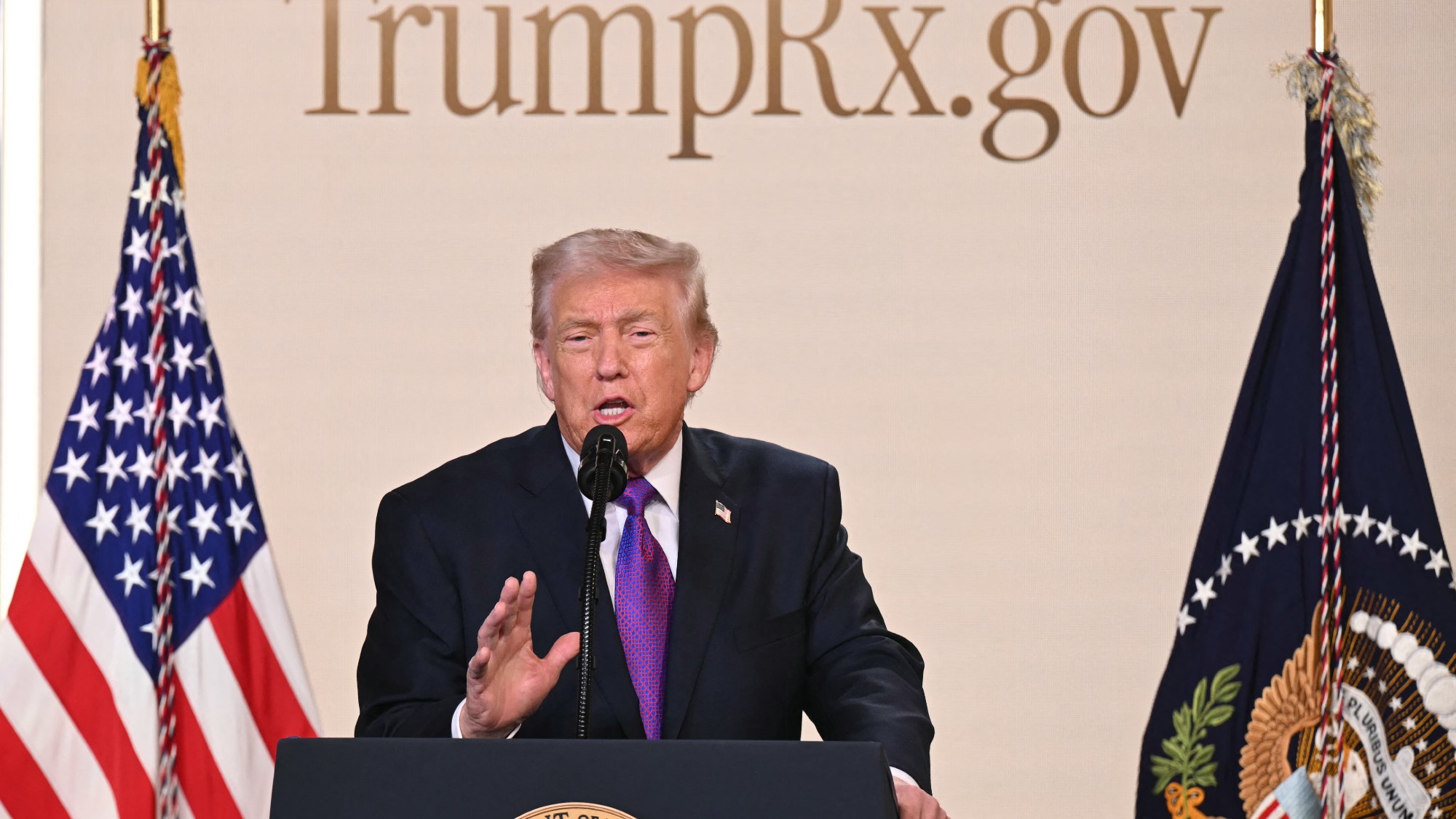How Wall Street could cash in on President Trump
The great hedge fund scam strikes again!


A free daily email with the biggest news stories of the day – and the best features from TheWeek.com
You are now subscribed
Your newsletter sign-up was successful
Hedge funds bet big on Donald Trump winning the presidency, and now they're looking to cash out.
This play goes back to the 2008 collapse of the housing bubble, and the many spectacular government actions to rescue Wall Street from a crisis caused by its own predation and stupidity. One of these was to take full government control of two huge players in the mortgage market — Fannie Mae and Freddie Mac — and direct all profits into government coffers.
However, hedge funds continued to buy shares in the companies, hoping that, with a lobbying effort, they might get the government to re-privatize Fannie and Freddie, and make a quick buck at government expense. There is every sign that under a Trump administration, that effort is going to work.
The Week
Escape your echo chamber. Get the facts behind the news, plus analysis from multiple perspectives.

Sign up for The Week's Free Newsletters
From our morning news briefing to a weekly Good News Newsletter, get the best of The Week delivered directly to your inbox.
From our morning news briefing to a weekly Good News Newsletter, get the best of The Week delivered directly to your inbox.
Let me back up a bit. The policy point of Fannie and Freddie is bizarre, but also interesting — a classic window into the deep structure of American policymaking. Back during the Great Depression, the housing market also collapsed, and millions of mortgages were in default. New Dealers initially attacked the crisis with the Home Owner's Loan Corporation, which directly bought up defaulted mortgages to keep people in their homes, and with the Fair Housing Act, which created the Federal Housing Administration (FHA) to insure mortgages and set lending standards (some of which were infamously racist).
In 1938, with the crisis passed, New Dealers further strengthened the mortgage market with the Federal National Mortgage Association (Fannie Mae). This government agency basically created the secondary mortgage market of mortgage-backed securities, mostly composed of loans insured under FHA. The idea was to expand the capital available for mortgage lending, and it worked reasonably well. (All this created the traditional 30-year mortgage, which did not exist before the New Deal.) For a generation afterwards, Fannie Mae was virtually the only player in the secondary mortgage market.
Fannie Mae was split up and partially privatized in 1968, and then supplemented with a similarly partially-private Federal Home Loan Mortgage Corporation (Freddie Mac) in 1970.
Now, fast forward through lots of deregulation to the go-go years of the mortgage bubble in the mid-2000s. The great bulk of the garbage mortgage lending and securitizing during that time was done by private business, but Fannie and Freddie got into the game as well — naturally, right as the whole thing was about to collapse. These institutions were and are gigantic, with combined assets of about $5 trillion as of 2014. They were far too big to fail without taking down the whole financial system.
A free daily email with the biggest news stories of the day – and the best features from TheWeek.com
Given that the overall government approach to the financial crisis was "blast Wall Street with a Paris Gun-sized firehose of free money, and look the other way as they continue to commit endless crimes," it's notable that the Bush administration brought Fannie and Freddie into federal conservatorship during the early days of the crisis. Essentially, the feds took full control of and responsibility for the two institutions, and backstopped their books with $100 billion in government capital. Even more unusually, in 2012, the Obama administration changed the terms of the conservatorship to transfer all profits into government coffers. It's a perfectly sensible idea, it's just surprising anytime Wall Street misses an opportunity to loot the public fisc.
Of course, financial titans immediately began mobilizing to rectify this situation, as David Dayen explains at The Intercept. Because of government control and the profits-taking policy, Fannie and Freddie shares were trading at dirt cheap prices. Investors, most notably John Paulson (who profited immensely from betting against the housing bubble) snapped them up and began pressuring the government to return Fannie and Freddie to private ownership — thus granting them a massive payoff for zero work. During the 2016 election, the major portion of this effort was directed at Trump, who was lavished with money and attention.
Before the election, Fannie and Freddie were both trading at a bit above a buck-fifty. Trump's pick for treasury secretary, Steven Mnuchin — a hedge fundie who spent 17 years at Goldman Sachs — said recently that Fannie and Freddie should be privatized, sending shares skyrocketing to near $4 at time of writing.
There are many deep problems with the old model of housing finance, and it's unclear whether Fannie and Freddie's policy model is the right one for the future. But that should not obscure what is happening here. Without the 2008 rescue, these two entities would have certainly collapsed. The only reason they are profitable today is because of the government backstop and capital infusion. A bunch of Wall Street goons saw an opportunity to turn a quick profit at the government expense — both directly in terms of money invested, and indirectly in terms of bleeding the institution whose strength rests on the entire American citizenry — by deluging the political system with money, and it worked. There aren't many better examples of how parasitic financial profits can be.
Ryan Cooper is a national correspondent at TheWeek.com. His work has appeared in the Washington Monthly, The New Republic, and the Washington Post.
-
 Democrats seek calm and counterprogramming ahead of SOTU
Democrats seek calm and counterprogramming ahead of SOTUIN THE SPOTLIGHT How does the party out of power plan to mark the president’s first State of the Union speech of his second term? It’s still figuring that out.
-
 Climate change is creating more dangerous avalanches
Climate change is creating more dangerous avalanchesThe Explainer Several major ones have recently occurred
-
 What’s TrumpRx and who is it for?
What’s TrumpRx and who is it for?The Explainer The new drug-pricing site is designed to help uninsured Americans
-
 The billionaires’ wealth tax: a catastrophe for California?
The billionaires’ wealth tax: a catastrophe for California?Talking Point Peter Thiel and Larry Page preparing to change state residency
-
 Bari Weiss’ ‘60 Minutes’ scandal is about more than one report
Bari Weiss’ ‘60 Minutes’ scandal is about more than one reportIN THE SPOTLIGHT By blocking an approved segment on a controversial prison holding US deportees in El Salvador, the editor-in-chief of CBS News has become the main story
-
 Has Zohran Mamdani shown the Democrats how to win again?
Has Zohran Mamdani shown the Democrats how to win again?Today’s Big Question New York City mayoral election touted as victory for left-wing populists but moderate centrist wins elsewhere present more complex path for Democratic Party
-
 Millions turn out for anti-Trump ‘No Kings’ rallies
Millions turn out for anti-Trump ‘No Kings’ ralliesSpeed Read An estimated 7 million people participated, 2 million more than at the first ‘No Kings’ protest in June
-
 Ghislaine Maxwell: angling for a Trump pardon
Ghislaine Maxwell: angling for a Trump pardonTalking Point Convicted sex trafficker's testimony could shed new light on president's links to Jeffrey Epstein
-
 The last words and final moments of 40 presidents
The last words and final moments of 40 presidentsThe Explainer Some are eloquent quotes worthy of the holders of the highest office in the nation, and others... aren't
-
 The JFK files: the truth at last?
The JFK files: the truth at last?In The Spotlight More than 64,000 previously classified documents relating the 1963 assassination of John F. Kennedy have been released by the Trump administration
-
 'Seriously, not literally': how should the world take Donald Trump?
'Seriously, not literally': how should the world take Donald Trump?Today's big question White House rhetoric and reality look likely to become increasingly blurred
